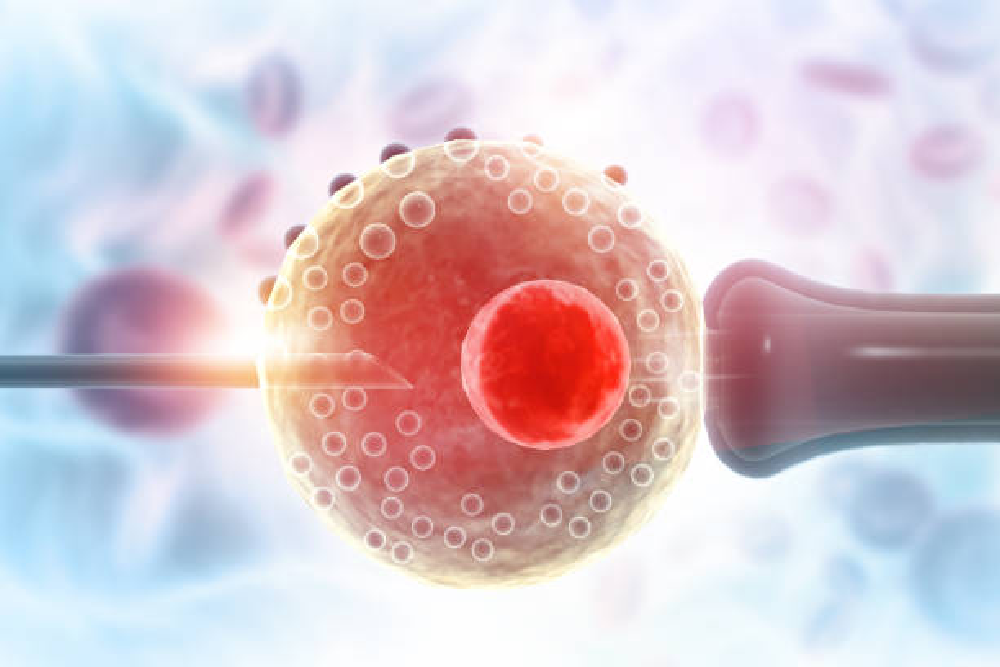Gap before having second baby

One of the ways in which our body maintains the functioning of different organs is through the secretion of hormones. Simply put, hormones are chemical messengers that ‘control’ our mental and physical health. Among them, certain hormones play an important part role in sustaining our fertility. When these hormones are affected or disturbed, it may affect our fertility as well. What can affect or disturb a person’s hormonal levels? Apart from major illness, accidents or exposure to radiation on a large scale (eg. during treatment for cancer), there are some ‘everyday’ practices that may cause hormonal imbalance – and thereby impact fertility.
- Lack of sleep: Late working hours, night shifts, prolonged exposure to blue screens and excessive stress can contribute to a lack of sleep – thereby upsetting the body’s circadian rhythm, and disturbing its hormonal balance. a general guideline is to get at least seven hours of continuous, undisturbed sleep every night.
- Keeping the laptop on the lap: Laptops emit a great deal of heat, and it may cause discolouration of the skin, rashes or even mild burns. More importantly, placing your laptop so close to your reproductive organs makes you vulnerable to electromagnetic radiation, which is produced both from the device itself and from its wireless communication capability. This form of radiation can affect fertility, particularly in terms of sperm motility.
- Lack of hydration: Dehydration can lead to decreased sperm quality and less volume of semen in men, and poor egg health and less cervical mucus secretion (needed for transporting the sperm to the fallopian tubes) in women. The general guideline is 1 litre of water per 20 kg of body weight.
- Insufficient or excessive exercise: Lack of exercise has been shown to act as a catalyst for weight gain, and affect overall health and fertility. Excessive exercise is just as harmful, as it can reduce the person’s body fat below healthy levels, put him / her on an energy deficit and thereby affect his / her fertility. A general guideline is about 30 minutes of moderate exercise a day – to be adjusted accordingly if the person is engaging in strenuous training once or more in a week.
- Limited exposure to sunlight: Did you know that exposure to sunlight is essential for our bodies to function properly? Regular exposure to sunlight helps the body to maintain the production of melatonin, a hormone that is essential for proper sleep–wake cycles. Studies also show that melatonin can affect reproductive health, especially in women.
- Micronutrient Deficiencies: Micronutrients are nutritional elements like vitamins and minerals that the body requires in small doses on a daily basis to regulate essential functions. Studies have shown that insufficient intake of vitamins and minerals (especially the B-vitamin complex and Vitamin D) may affect both male and female fertility, and conception.
- Smoking and alcohol consumption: Smoking has been linked with lower semen volume and total sperm count in men, and reduced egg quality and impaired reproductive health in women. Furthermore, heavy drinking is linked with negative impact on hormonal levels and impaired testicular function in men, and decreased fertility in women.
- Occupational hazards: Work hazards range from exposure to strong chemicals, carcinogens toxic agents and radiation to uncomfortable work positions, excessive stress and frequent changes between night and day shifts. Be it the physical or psychological aspect of our health, the impact can be serious and long-drawn – ranging from reduced egg and sperm quality to reduced libido.
- Excessive consumption of processed foods: Excessive consumption of processed foods that are high in refined carbohydrates, sugar and trans-fat has been linked to lower fertility in both men and women. Apart from containing lower levels of essential nutrients, consuming processed foods may lead to faster weight gain – both of which can affect a person’s fertility.
- Excessive caffeine intake: Excessive consumption of caffeine (more than 400 mg of caffeine / 4 cups of coffee a day) was found to affect sperm quality in men, and fertility levels and ability to get pregnant in women. Also, too much caffeine may also lead of loss of quality sleep. (Be cautious – caffeine is found in some carbonated drinks, teas and chocolate, and every bit adds up.)
The important thing to remember is that we retain fair degree of control in all the aspects mentioned. The first step to better health is to assess your environment and lifestyle, and make a shift towards more beneficial habits.















